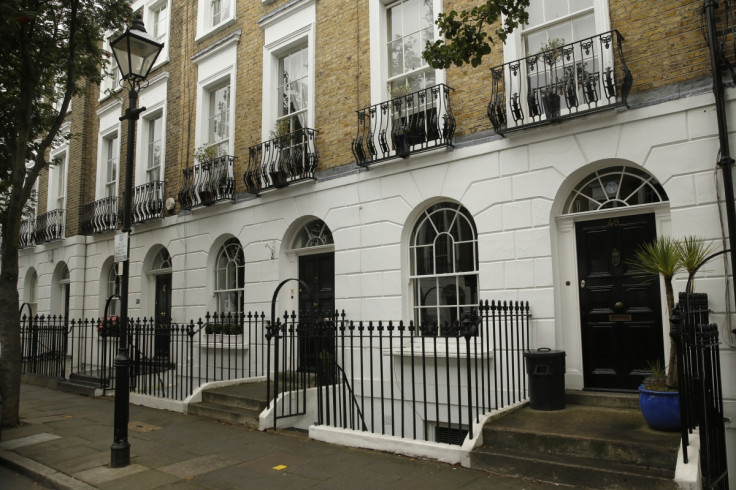Housing crisis: England requires more than 1.5m homes in five years

A study on UK's housing crisis has indicated that England needs to build 312,000 homes every year for the next five years to meet the expected growing requirements of households. This translates to more than 1.5 million homes in five years.
The demand could be much higher had it not been for young adults delaying purchasing a home because of the high expense, according to the Town and Country Planning Association (TCPA), which carried out the study. It was previously reported that almost three quarters of UK citizens thought that the prices of homes were set to rise in the coming year, according to a survey by Dutch Bank ING.
The UK government's projections for growth in the number of households, based on population data from 2012 has been accounted for in deriving at these figures. Previous projections were higher at 244,000 homes a year but these were on the basis of 2008 data and reflected conditions before the economic downturn.
The recent figures however indicate a decline in the number of households being formed partly because of factors such as shortage of homes and rising housing costs. That said, total households in England are still forecast to increase by 25% to 27.5 million by 2037.
At the rate of 312,000 homes a year, the shortfall in construction since 2011 will be resolved. This is however half of the government's target of one million homes by 2020, "which itself is seen by most commentators as unobtainable", according to the researchers.
On a longer term basis, UK's requirement is at 220,000 homes a year until 2031 of which about 55% would be required in London and surrounding areas. This number is almost double the current number, to keep up with the pace of increasing households, according to the TCPA.
Irrespective of this steep increase in building homes, couples aged between 25 to 34 would find it more difficult to have their own homes in 2031 in comparison to their counterparts in 2011. Kate Henderson, chief executive of the TCPA opined that the government which has already fallen behind on targets for house building should see this as a wake-up call as it is now having a devastating effect on young people.
Government measures
The Conservative government that was elected in May aims to resolve this issue through measures such as its housing and planning bill, published in October and construction of "starter homes" which would be sold at a discount to market rates. There is however a lot of doubt if these measures are enough to resolve the growing housing shortfall.
Gavin Smart, deputy chief executive of the Chartered Institute of Housing said that the housing and planning bill was focused more on home ownership and what was required was a strategy to get more homes of all tenures be it home ownership, shared ownership, private rent or social rent.
© Copyright IBTimes 2025. All rights reserved.





















